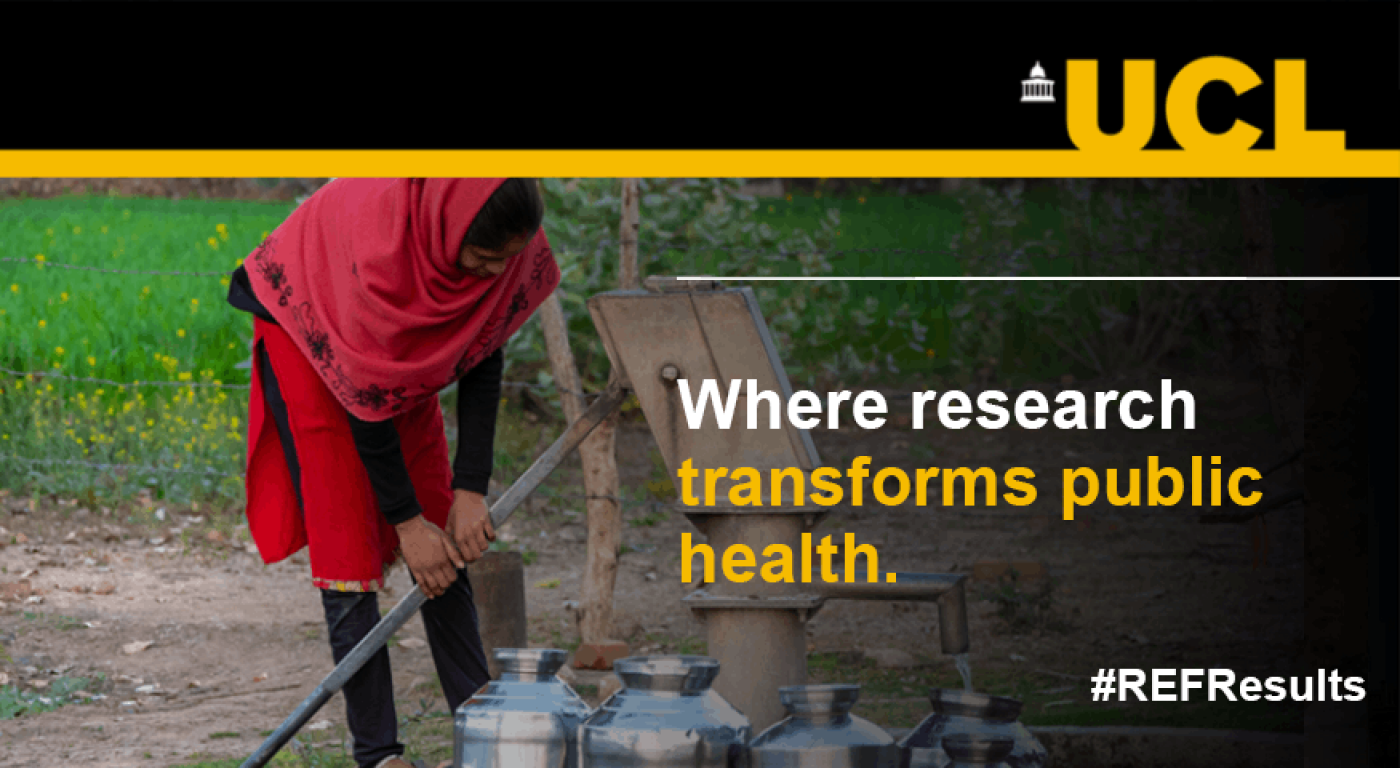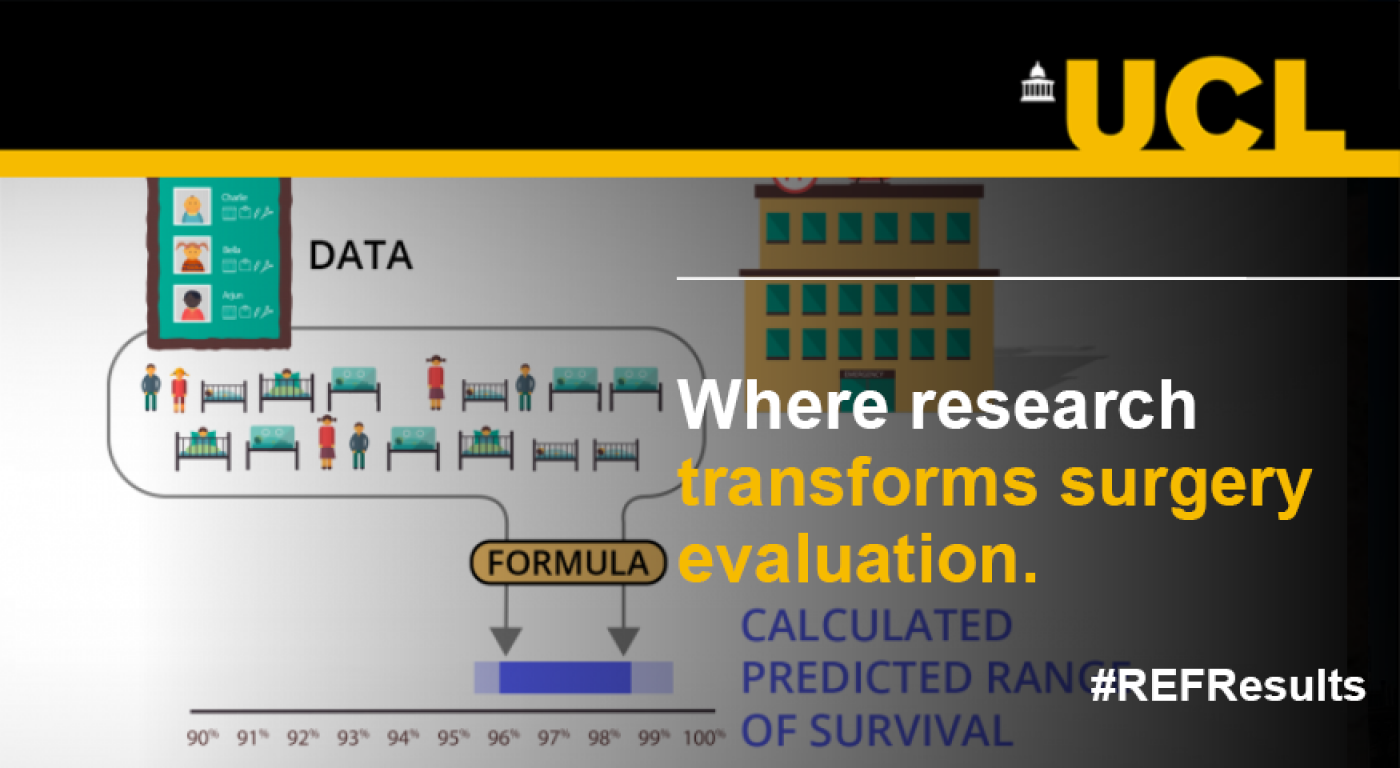Our ground-breaking research creates a profound and valuable impact on our lives and the wider world. Explore how our research has made positive changes both within and outside of the UK








What is research impact?
Research impact is a familiar term in academia but what it means in real practice may not be crystal clear to all. The Economic and Social Research Council (ESRC) defines research impact as “ the demonstrable contribution that excellent research makes to society and the economy”, whereas Research England (REF2021) states impact as “an effect on, change or benefit to the economy, society, culture, public policy or services, health, the environment or quality of life, beyond academia.” These definitions emphasize that research impact should be demonstrable and beyond academia.
There are also other definitions by individual organisations and universities. UCL states on its Research Impact webpage that “We regard the benefit to humanity arising from the entirety of our work to be research impact. We encourage our researchers to think creatively about how their work intersects with the world outside academia, and provide mechanisms to bring their wealth of knowledge, creativity and insight to the people and organisations who need it most.”
Funders, such as UKRI, and national assessment programmes, such as Research Excellence Framework (REF) place increasing emphasis on impact generation, dissemination and evaluation. Higher education institutes are investing in more resources to support research staff to create research impact, especially REF Impact. However, it is important that all types of research impact, whether acceptable by REF or not, is recognised and valued.
What are the different types of research impact?
Based on the definition of research impact by Research England, research impact must be a positive effect on, benefit or contribution to people’s lives. Therefore, it is crucial to understand the difference between pathway to impact and impact. Hosting a workshop for secondary school students or providing a report for a government committee are routes to create impact and not impact itself. Impact is only produced when the students’ behaviour or conception changes thanks to them attending your workshop, or when the government changes their practices or policies due to your report.
Professor Mark Reed, founder and CEO of Fast Track Impact and author of The Research Impact Handbook, groups research impact broadly into the following categories:
- Economic
- Environmental
- Health and wellbeing
- Policy
- Cultural
- Social
- Understanding and awareness
- Attitudinal
- Capacity or preparedness
- Behavioural and decision-making
How to evaluate and evidence impact?
Thinking of various ways to create impact is easier compared with impact evaluation and evidencing. You have done the activities, such as hosting a workshop, but how do you know this activity will create impact? In order to evaluate and evidence your research impact, you need to focus on the type of impact(the actual change), the key impact indicators(the signs for that change), and the evidence(proof for that change occurred), not on the activities. It is good practice to gather and record the evidence as your project goes on rather than retrospectively.
UCL Research and Impact team provides termly training on impact design, evaluation and evidencing. It also has many useful resources on research impact and an impact community.
Research Impact Case Studies in REF 2021
The impacts of the research carried out by the MAPS Faculty on transforming the world and our lives have been recognised in the latest Research Excellence Framework exercise. Find out more about some of our selected impact case studies.
 Close
Close

